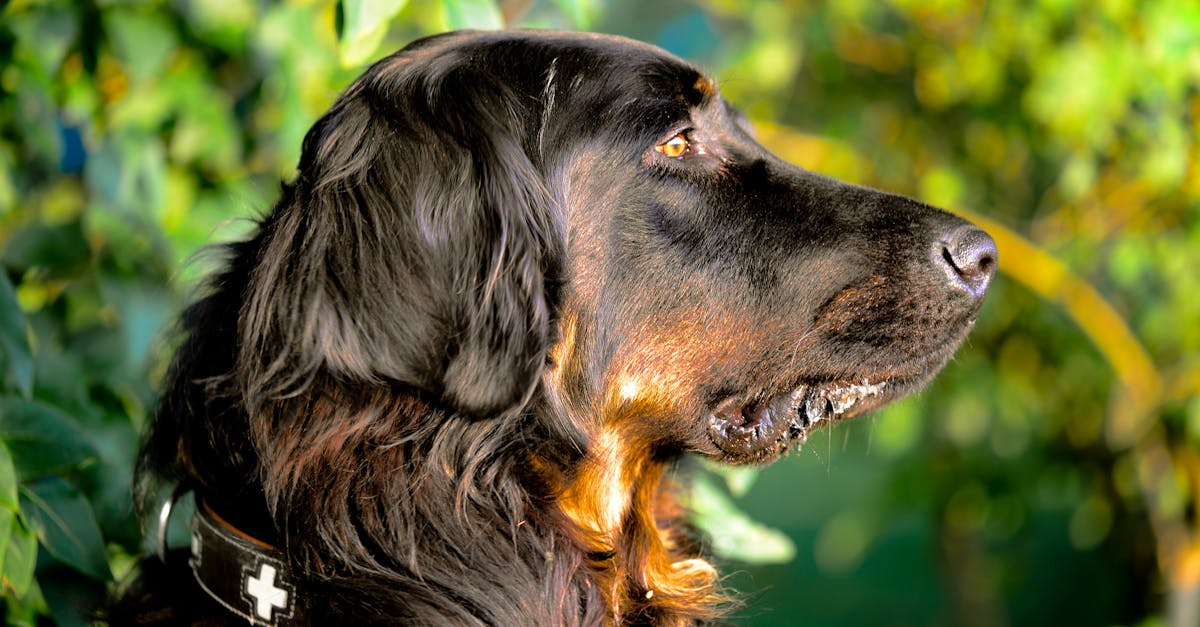Carrots are often touted as a healthy snack for humans, but what about our feline friends? If you’ve caught your cat eyeing your carrot sticks or nibbling on a piece that fell to the floor, you might wonder: Is it safe for cats to eat carrots? The short answer is yes, but there are some important factors to consider before sharing this crunchy treat with your cat. Let’s dive into what you need to know about cats and carrots, including the benefits, risks, and how to safely offer them to your furry companion.
🥕 Are Carrots Safe for Cats?
Yes, carrots are generally safe for cats to eat in moderation. They are not toxic to cats and can even provide some nutritional benefits. However, because cats are obligate carnivores, their primary dietary needs revolve around animal-based proteins. This means that while carrots can be a fun and occasional treat, they should never replace a balanced, meat-based diet.
The key to feeding carrots safely to your cat is preparation. Raw carrots can be difficult for cats to chew and may pose a choking hazard, especially if cut into large chunks. Cooked carrots, on the other hand, are softer and easier for cats to handle. Always serve carrots plain, without added seasonings, oils, or sauces, which can upset your cat’s stomach.
🌟 Benefits of Carrots for Cats
Carrots are packed with nutrients that can support your cat’s overall health when offered in small amounts. Here are some of the benefits:
- Rich in beta-carotene, which converts to vitamin A for healthy vision
- Contains fiber that may aid in digestion
- Low in calories, making them a suitable treat for overweight cats
- Full of antioxidants that help fight free radicals
It’s important to note that cats don’t require vitamin A from plant sources like carrots because they obtain it more effectively from animal-based foods. While carrots can supplement your cat’s diet with additional nutrients, they shouldn’t be relied on as a primary source of vitamins.
⚠️ Potential Risks of Feeding Carrots to Cats
Although carrots are safe for cats, there are a few risks to keep in mind:
- Choking hazard: Raw carrots or large pieces can be difficult to chew and may pose a choking risk.
- Digestive upset: Some cats may experience vomiting or diarrhea if they eat too much carrot at once.
- Allergic reactions: While rare, some cats may be allergic to carrots, leading to symptoms like itching or swelling.
- High sugar content: Carrots contain natural sugars, which could contribute to weight gain or blood sugar spikes if consumed in excess.
If your cat shows any signs of discomfort, such as vomiting, diarrhea, or lethargy after eating carrots, discontinue feeding them and consult your veterinarian.
🐾 How to Safely Offer Carrots to Your Cat
If you decide to give your cat carrots as a treat, follow these tips to ensure their safety and enjoyment:
- Cook the carrots: Steam or boil carrots until they are soft, and let them cool before serving.
- Cut into small pieces: Slice the carrots into tiny, bite-sized pieces to prevent choking.
- Serve plain: Avoid adding any seasonings, oils, or butter that could upset your cat’s stomach.
- Start small: Offer a tiny piece to gauge your cat’s interest and tolerance before giving more.
- Limit frequency: Treats like carrots should make up no more than 10% of your cat’s daily caloric intake.
Some cats may not show interest in carrots at all, and that’s perfectly fine! Every cat has unique taste preferences, and there’s no need to force them to eat something they don’t enjoy.
🐱 Can Cats Eat Other Vegetables?
In addition to carrots, there are a few other vegetables that cats can safely enjoy in moderation:
- Peas
- Green beans
- Spinach (in small amounts, as too much can cause kidney issues)
- Cooked pumpkin or squash
- Zucchini
Always prepare vegetables in a cat-safe way—cooked, plain, and cut into small pieces. Avoid feeding your cat onions, garlic, leeks, or chives, as these are toxic to cats.
FAQs
Can kittens eat carrots?
It’s best to avoid giving carrots to kittens under 12 weeks old. Their digestive systems are still developing, and introducing new foods too early could cause an upset stomach. Always consult your vet before adding any new treats to your kitten’s diet.
How much carrot can I give my cat?
Start with a small piece the size of a pea and monitor your cat’s reaction. If they tolerate it well, you can offer carrots as an occasional treat, but no more than a few small pieces per week.
Can cats eat raw carrots?
Raw carrots are not toxic to cats, but they are harder to chew and may pose a choking hazard. Cooked carrots are a safer option.
What should I do if my cat eats too many carrots?
If your cat eats a large amount of carrots and shows signs of digestive upset, such as vomiting or diarrhea, contact your veterinarian for advice. Most cases resolve on their own, but it’s always better to err on the side of caution.
Are carrots good for cats with diabetes?
Carrots contain natural sugars, so they should be given with caution to cats with diabetes. Always consult your veterinarian before offering carrots or any other treats to a diabetic cat.
References
- PetMD – What Can Cats Eat?
- ASPCA – Carrots
- National Research Council – Nutrient Requirements of Dogs and Cats
Book a $49 online vet consultation at https://www.dialavet.com for fast, expert advice.























